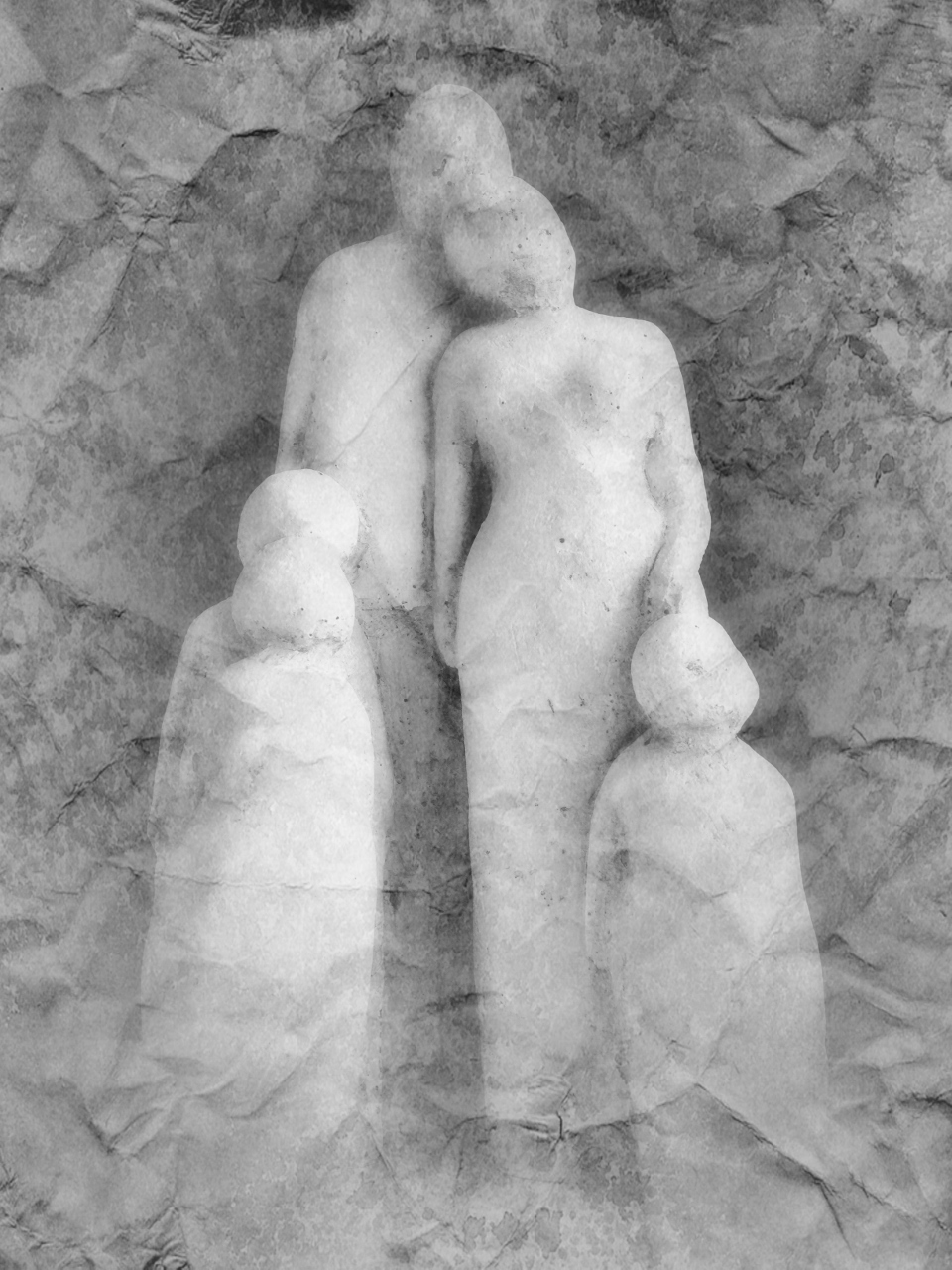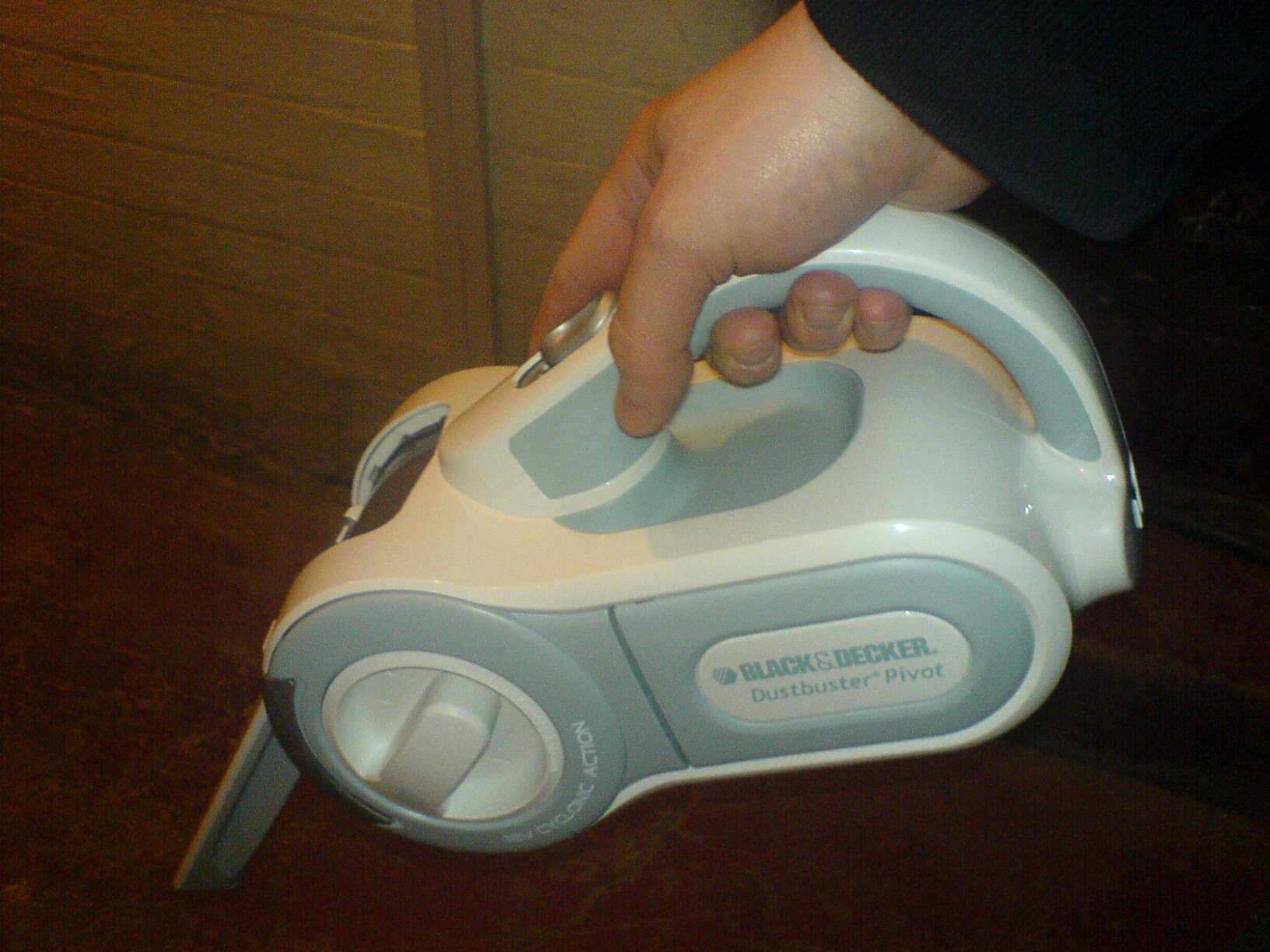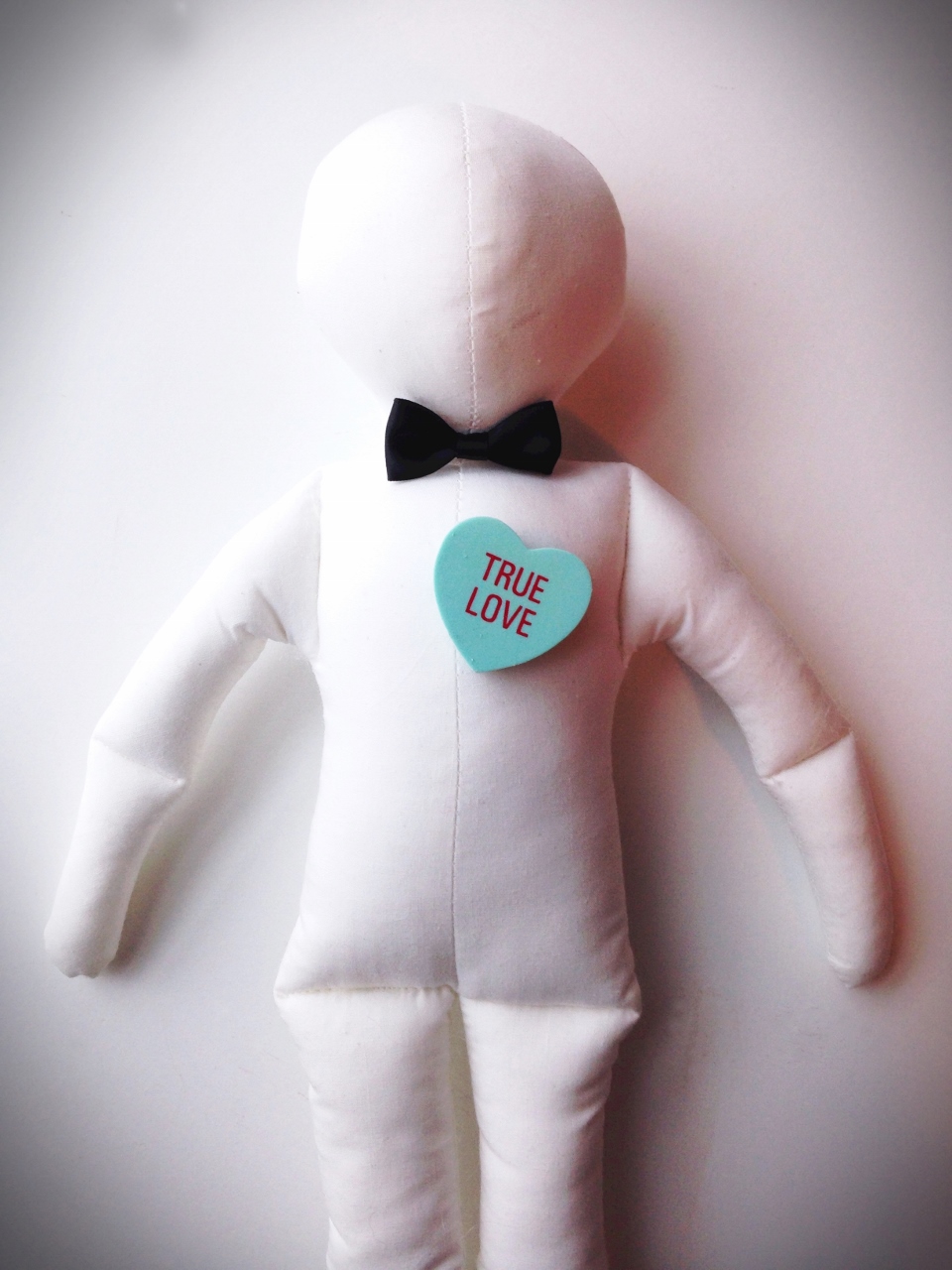
Content warning: suicide. —ed.
By Amber Wong
Before the big splash, Elizabeth and I eased our sculling shells into the water and breathed deep the cool morning air. Fifty-four degrees, no wind: perfect Seattle weather for a Fourth of July row. Perfect timing, too. We’d be on the water at six-thirty and back before eight, so we’d beat the rush of pleasure boats—and their butt-soaking wakes—as they crowded into Lake Union for the night’s premier event, the 2017 Seafair Summer Fourth fireworks show. Up at Gas Works Park, where grassy mounds hid tons of hazardous waste that few Seattleites knew about, people would already be spreading out blankets, ready to wait out the day.
Overhead, high clouds began to blur and fade, turning blue skies even bluer, while freeway traffic rumbled across the Interstate-5 Ship Canal Bridge. Just beyond our dock, the narrow bend of water linking the lake to the bay smoothed out like a fan, rippling lightly at the edges. Conditions couldn’t be better, I thought, as I settled into a shell barely wider than my hips. My fingers tripped lightly along the dock edge as I readied to launch.
“To the Cut?” Elizabeth called out above the traffic din, and I nodded. The Montlake Cut, a crucial navigation link between the fresh water of Lake Washington and the salt water of Puget Sound, is the gateway to the University of Washington’s crew training course. Along the way we’d pass under two drawbridges that carried car, bike, and pedestrian traffic.
As I slid into the shadow of the Montlake Bridge, I felt my chest tighten. I stared at the stern of my boat, refusing to watch the parade of feet and undercarriages undulating overhead. My shoulders tensed when something—water? bird poop?—dripped on my cap. But I kept my hands loose. The moment I emerged back into sunlight, my lungs reopened. I gulped at the fresh rush of air.
Even after eight years, rowing under bridges still spooked me. I could almost ignore the steady drone of tires across the University Bridge’s steel deck grate, but not the teeth-clenching ka-chunk ka-CHUNK under the Montlake Bridge. The irregular thump of tires hitting uneven bridge joints, amplified by the concrete walls of the Montlake Cut, thundered in my head like a runaway train. But Elizabeth and I had an understanding. Over the years she’d talked me through enough rough water that I trusted her implicitly. In her encouraging banter—Relax your grip, I’ll never let you fall in—I heard a deadly serious promise.
Legs pumping, I pressed hard, pausing briefly to enjoy the blue heron standing, in perfect profile, on a rock outcrop. Overhead, our resident bald eagle—his light and dark plumage unmistakably outlined against blue sky—circled slowly, fishing for his next meal. When I reached the mouth of the lake, I lifted my oars and glided next to Elizabeth. We spun our boats and reached for our water bottles.
“Mountain’s not out today,” she announced, nodding to the south. Mount Rainier sat cloaked in clouds. A typical day.
Water traffic was picking up as we headed west back to the boathouse. As we approached the Montlake Cut, two motorboats overtook us, kicking up a wake. “Slow down,” we yelled, and in a rare bit of courtesy, they did. Emerging from the Montlake Cut, we skimmed past a cluster of rowers awaiting instructions from their coach. When we cruised into home stretch, we pulled to out of the boat lane and angled our boats south toward the dock. Under the roar of the bridge, we watched for east-west cross-traffic and waited for our turn to sprint the last forty feet across the waterway.
Elizabeth went first. Dashing south between a westbound motorboat and an eastbound eight-person shell, she approached the dock, then slowed to let another woman in a single scull and a standing paddleboarder cross in front of her. I watched over my shoulder, waiting for my opening.
Suddenly, just off the corner of the dock, I saw a huge splash. Heard a deep WHUMP. Waves burst from that point like an underwater depth charge, rebounding off the dock, colliding in a wild interference pattern. Barely five feet away, the sculler and paddleboarder struggled to keep from capsizing. Elizabeth, caught in the erratic water, quickly braced her oars.
What was that? I scanned the shoreline for clues. It was too big and too loud to be a coxswain, who by tradition gets tossed off the dock by teammates after a race. Even a hefty dog would never plunge that deep. As a dark, motionless blob slowly broke the water surface, I bit my lip to keep from gagging. Here was a person, prone and still, and the only place they could have come from was the Ship Canal Bridge, 182 feet overhead.
Disbelief paralyzed me. A suicide jumper? Here? Amidst the fractured waves I strained to see signs of life while my thoughts bounced like a rain squall on granite. They’re blocking my way to the dock! Can I slip by and not try to help? But if I take my hands off my oars I’ll flip over. Without a life jacket I could drown! Must I risk myself for a stranger who is trying to commit suicide? What’s my responsibility here?
Frantic shouts cut the terrible silence. “What was that? Some fireworks?”
“A cherry bomb? Who threw it!?”
“Oh my god, it’s a person! Who knows CPR?”
“I do,” said Elizabeth. “But…”
“Jump in and do CPR!”
A coaching launch zoomed by. I took a few strokes closer and saw no movement, then lost courage and gave the blob a wide berth. The launch slowed and stopped, drifting in the water for what seemed like minutes. Suddenly it made a tight U-turn and roared in close. Had the rowing coach seen something fall? Had she quickly deduced the horror of what had happened? Alone, on her knees, she leaned down to drag the limp body aboard but couldn’t get enough leverage. Still she held on, struggling to keep the person’s head above water.
From way too close a megaphone voice boomed, “Get out of the way!” I looked up in alarm as a crew team and its coach rounded the corner and bore down on us. Couldn’t they see the coaching launch? I couldn’t flag them down so I yelled for them to stop. They didn’t. I wasn’t lined up with the dock, but I took a big stroke so they wouldn’t hit me broadside. Someone on the dock reached out, grabbed my oar, and reeled me in. I cursed at the coach as he raced by.
Sirens wailed from both shores and from mid-channel, growing louder and louder, finally converging on this spot. Blue police lights flashed on the far shore, red fire truck lights on ours. Medics came running to our dock as a speeding Seattle Harbor Patrol boat cut its siren and pulled alongside the rescue launch. Within a minute the Harbor Patrol moved the body to the dock on the opposite side. Three—or was it four or five?—Seattle police officers stood ready. We crowded the edge of our dock but by then the rescue was shielded from view. Behind us, unsuspecting rowers carried their shells out of the boathouse and slid them into the water. The world had bent in a handful of minutes.
What else could we do? Nothing made sense. In a fog we wiped down our boats, put away our oars. As Elizabeth and I left the boathouse fifteen minutes later, another rower approached with an update.
“He’s alive. His eyes were open and he was breathing.”
Elizabeth and I sighed in relief. But I hated myself for my gut instinct for wondering, for how long?
“He was swinging a hatchet on the I-5 freeway. Drivers yelled at him to stop. He lost control of the hatchet. It dropped just before he did.”
•••
At sixteen I was an Explorer Scout, a division of the Boy Scouts. In 1972, Explorer troops were supposed to be all-male, but my friends and I exploited a loophole to start a co-ed troop of Medical Explorers. We scheduled lots of lectures and field trips because several dads, including mine, were doctors with connections. We even got to volunteer in our hospital’s emergency room. During one evening shift, I pressed fist-sized wads of sterile gauze on a motorcyclist’s leg as he lay moaning on a hallway gurney, then watched a doctor pull glass out of a screaming kid’s foot. I peeked around nurses and doctors as a silent Code Blue was whisked in and pumped for an hour before being wheeled to the morgue.
When the hospital pathologist invited us to watch an autopsy, I thought, oh, just another activity. But when I asked Dad to sign my permission slip, he shook his head.
His eyes were steel. He growled, “I don’t recommend it. That’s not something you want to see. Not at your age.” I was still hopeful, thinking, that’s not a flat denial. As if he’d read my mind, he continued, “I’m warning you for your own good!” His tone dropped ominously. “Because once you see it, you can never unsee it.”
•••
Two hours later, Elizabeth texted me. Feels a little surreal, huh?
I was home drinking coffee, eating a bagel, deciding whether to try to remember or try to forget. Turns out that’s a false choice.
I texted back. Yes. How are you doing?
Feels odd to just go on with your day. Concerned for the person of course. But it was a really close call for all of us. Need to just sit a bit.
Exactly. I’m still sitting.
Alone in my sunlit kitchen, I set down my coffee and choked back the sour in my throat. Elizabeth’s comment put me on edge. Right after the awful splash, my thoughts had flown to the jumper: How can I help? Will he survive? But in the silence of home I focused on me and my tribe, the rowers on the water. In one blind moment we could have been killed. We were open and unprotected. Any heavy mass from 182 feet—an errant chunk of concrete, a thrown backpack or garbage bag, a one-hundred-sixty pound person—would crush like a cannonball. The aftermath would have been gruesome as a bomb explosion. A war zone. I’d never seen one, but my husband and stepson had. Never would they unsee the horror.
I sipped the last of my cold coffee, tried to still the ache in my chest. Repeating the salient, immutable fact—none of us got hurt!—I walked to the kitchen window, away from mental carnage that didn’t exist. Below, the yard was drenched in shades of green. Beyond my neighbors’ rooftops I saw a glimmer of Lake Washington.
I imagined the view from the Ship Canal bridge deck: the 182-foot drop, the flatness of the water, and the vast three-dimensional space between. Images could get distorted, narrowed, especially through desperation’s lens. With boats large and small, from barges to sculls, did we move like targets in a video game? Factor in wind speed—after all, I’m a civil engineer—and the open water below the Ship Canal Bridge could constrict to a pinpoint. If the jumper intended to avoid us, he chose the slimmest margin of error. If not, that same margin of error was our salvation.
Would knowing the jumper’s intent have sharpened or blunted the horror?
Each day we live with incalculable risk. Animate and inanimate objects fall from the sky. Meteorites fall. People fall. No one really noticed, but hatchets fall too.
•••
“So did he die?”
Sitting around the kitchen table a day later with my mah-jongg group, four women I’d known well over twenty-five years, I lifted my glass of wine and felt a gnawing unease. Everyone’s first question was always about the jumper. Why did his presumed death garner so much sympathy? If he’d survived, would the tragedy seem more equal, both of us escaping death by inches? How does his willful jumping—and my sheer vulnerability—factor into the equation?
I gritted my teeth and shook my head. “I don’t know.” I’d searched the news but turned up nothing, so there’d be no resolution. As their voices grew louder, each person positing the jumper’s fate, I signaled “timeout” and interrupted. “The Seattle Times’s policy is not to write about suicide jumpers. Unless a lot of people witnessed it, that is.”
“Did a lot of people witness it?”
Tersely, “I don’t know.” Why did it matter? I had.
“How long was he in the water?”
“Ten minutes?” Why this unnecessary detail? My temples pounded in frustration.
“So how close was he?”
Finally. Like a fever breaking, a welcome relief—someone acknowledged my trauma, my anxiety over the random fragility of life. As I gestured across the length of the table, my voice turned unnaturally shrill. “About ten feet. He was so close! If he’d hit us, he could’ve killed us!”
There was a moment’s silence, followed by a quick chorus of retorts. Clearly my words hadn’t had the intended effect. Instead, I felt like I was being scolded.
“Whoa, you sound angry!”
“It’s wrong to blame him. Of course he wasn’t aiming at you.”
“Think of his horrendous mental pain! It must have been overwhelming!”
What I heard was this: What’s your problem? Don’t you have a heart?
•••
Four days later, Elizabeth and I eased our shells into the water. Earlier that morning I’d debated with myself—Get back on that horse! Or not…—but the weather promised to be perfect, a promise that Seattleites are unable to resist. I was kneeling on the dock securing my oar riggers when a motion high above caught my eye. My head jerked up. Elizabeth saw my reaction and glanced up too. On the bottom deck of the I-5 Bridge, a cherry picker bucket was slowly lowering two men just below the bridge deck. I sighed in relief. In their hard hats and orange vests, I pegged them as state highway inspectors, likely testing for loose concrete. The bucket stopped with a light bounce. I tilted my head, visually measuring their relation to the water. They were about ten feet south and twenty feet below the spot on the upper deck where the person must have jumped. I stared a little too long.
Elizabeth knew exactly what I was thinking. If they fell, would they hit us? With a forced laugh she said, “Well if it’s your time, it’s your time then.” I could hear the thinness in her voice.
I frowned. I didn’t want Fate to be so lazy. Nervously I snipped, “Nah, I think they’re okay.” As soon as I spoke I was sorry. Why was I so rattled? Was I truly afraid they’d hit us? Was I ashamed to be caught thinking only of myself?
Or was something submerged now coming to boil? Was I reacting to the suicide jumper, how furious I was at him for terrifying me, yet how constrained I felt about expressing that anger? Four days of talking to my husband and close friends hadn’t helped—their comments felt way off the mark, strangely off-putting. So because I was alive, physically unhurt, I was expected to stifle my rage, ignore my feelings, and cluck sympathetically about his plight? How much empathy could I muster? Was it better for me to think of him more like a falling chunk of concrete—an object with no agency—than a suicide bomber who launches himself with intent to kill? Must I absolve him at all? Even if he wasn’t trying to kill us, the fact remained: he terrorized us. I felt like screaming, “There’s more than one victim here!”
Could I never unsee that concussive splash just ten feet from where I was kneeling?
I rose to kick off my shoes and heard the gentle lap of water. Shielding my eyes from the sun, I looked out beyond the dock to the west. There, at the wind-induced open water line between chop and calm, was a sharp demarcation drawn by the form of the land, the bend of the water, and the face of the wind. A warning: do not cross this line. So we’d go east then. I scanned the familiar scene across the channel: the white ferry, the concrete bridge supports belted with graffiti, the row of boats comfortably tucked in their berths. Ivar’s outdoor dining deck, its red and blue table umbrellas snugged down for the night, its dock empty now. All as it should be.
Absently I pulled on my cap and threaded my ponytail through the hole in the back. I stretched my arms wide, felt the air fill my lungs with cool deliciousness. Suddenly I couldn’t wait to get to look for our eagle again. I grabbed my oar handles, centered myself down on my seat. As I pushed off the dock, an involuntary glance—up at the men in the bucket, and from there, to the upper bridge deck. The railing was empty. But from now on I would never stop looking.
“Annual inspection for bridge cracks?” I started at the unexpected sound of Elizabeth’s voice right beside me, her boat so close that our oars almost touched. I couldn’t mistake the drollness in her tone.
As her words slowly registered I began to laugh. She’d caught me looking up at the bridge again, searching for ghosts. Nested within her seemingly benign engineering question was a deeper concern: Are you okay?
Until that moment, I hadn’t quite realized how not okay I was. My feelings sat like a jumbled weight on my chest. Like Elizabeth, I’d always prided myself on my ability to stay calm and reason things out, yet these days I felt so roiled, so defeated. Silently I ranted, Why can’t I just get over this?
But with that laugh, that loosened eddy of air, the atmosphere suddenly changed. My internal smog cleared enough so I could see that she was troubled too. In our exclusive club of rowers-who-barely-missed-being-hit-by-a-suicide-jumper, we were virtually the only ones who could reassure each other, You’re not crazy, I was there, too. We had much to discuss. I would soon talk her through her fixation on the hatchet’s trajectory—I heard it splash, did it land right behind me? It wouldn’t fall blade first, would it? I’d feel her first flash of anger when she thought someone was throwing fireworks, trying to scare us. She’d wade with me through my swamp of guilt. Together we would reshape the story into something we could understand, something we could only arrive at after dissecting every detail and every “what if,” hailing our luck again and again, until the day lost its power to haunt us.
•••
AMBER WONG is an environmental engineer in Seattle who writes about culture, identity, and her firsthand knowledge about risks posed by hazardous waste sites. Recent work has been published in Lunch Ticket (Summer/Fall 2017 featured essayist), Slippery Elm, and Metaphorical Fruit, and her short piece, “How I Learned to Write,” won the Writer’s Connection essay contest. Amber earned an MFA from Lesley University and a master’s degree in civil engineering from Stanford University. She is working on a memoir.

 Follow
Follow






